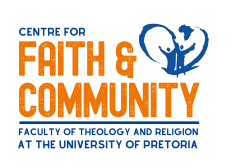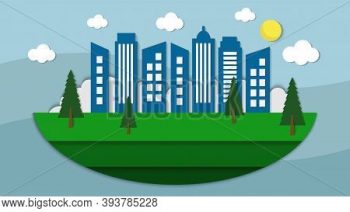The Integrated Urban Development Framework (IUDF) was constructed as a ‘new deal’ for South African cities and towns. It outlines a vision with four overarching goals and eight priorities or policy levers meant to overcome the apartheid legacy through comprehensive spatial restructuring and strategic urban–rural linkages. This article is a contextual theological reflection ‘from below’, reading the IUDF through the lenses of five distinct contours. It asks whether the IUDF has the potential to mediate good cities in which the urban poor and disenfranchised can experience integral liberation as equal citizens, or whether it will perpetuate the city as post-colonial satellite of violent empire. It concludes by proposing five areas for theological and political action: consciousness from below, a new economics, a different kind of politics, socio-spatial transformation, and collaborative knowledge generation





No comments! Be the first commenter?